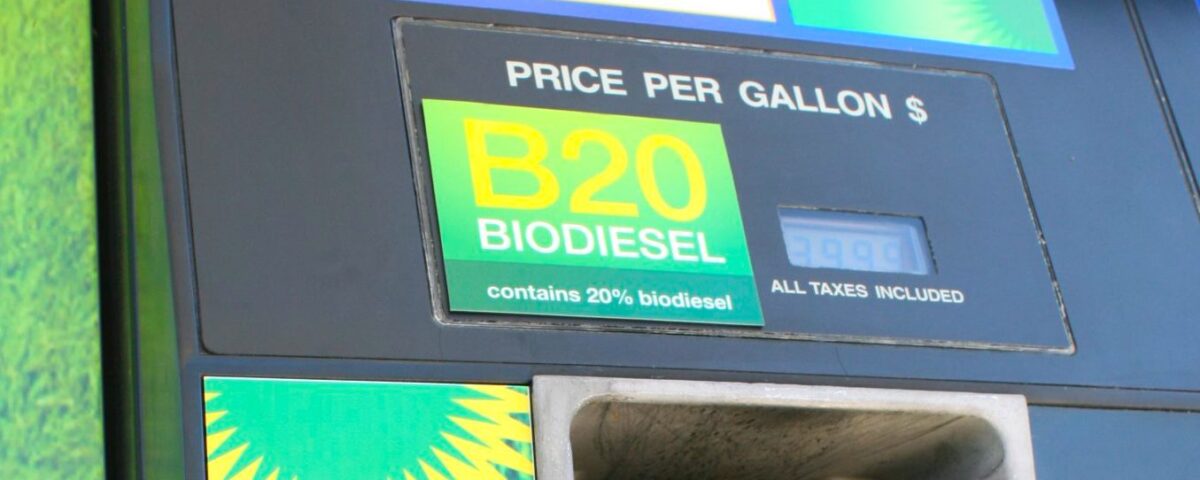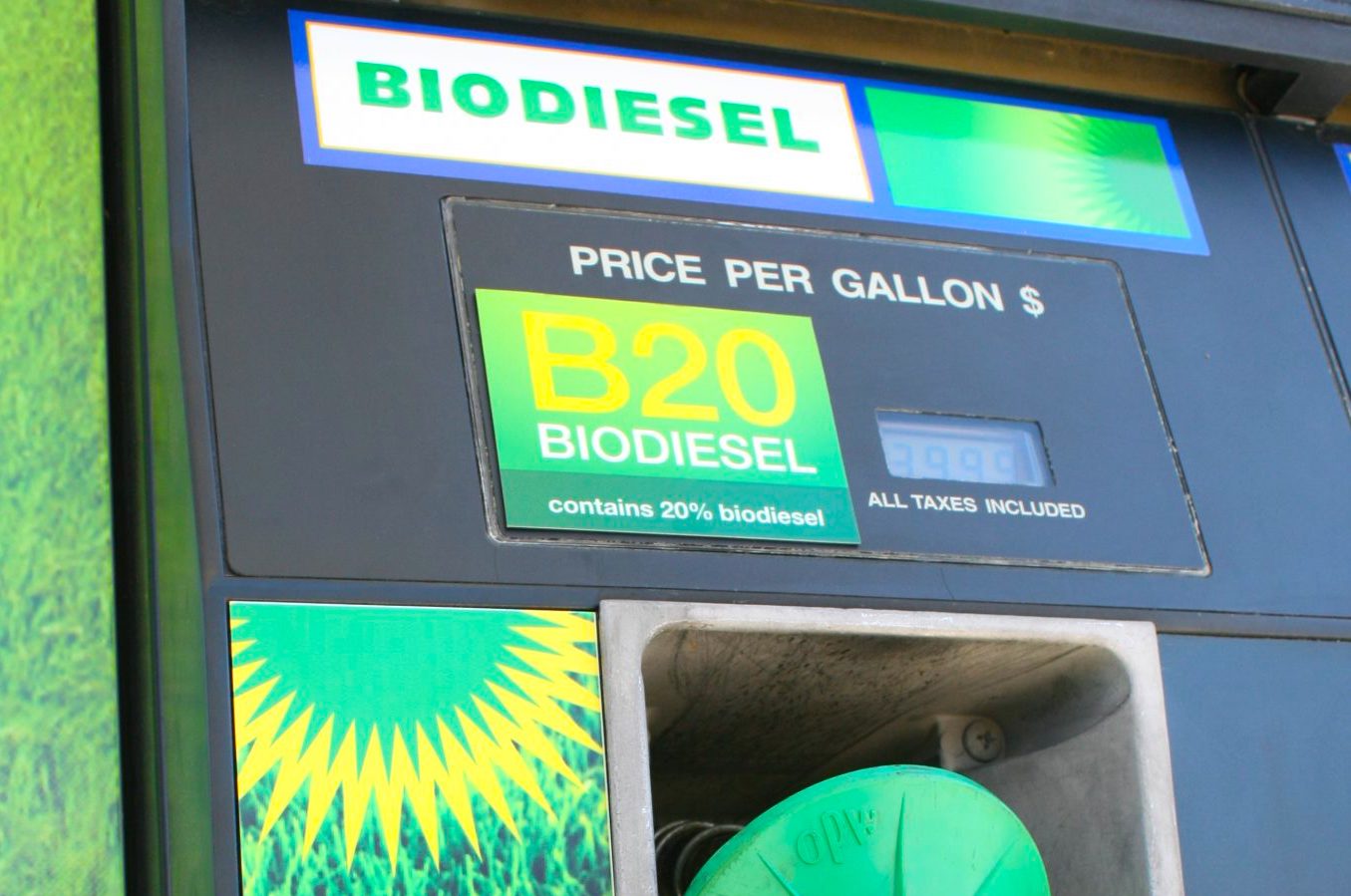Biofuels Made from Homegrown Feedstocks Continue to Benefit the Environment

The 2023 Environmental Conference and Winter Technical Meeting, a collaborative effort by Greater Indiana Clean Cities in partnership with the Indiana Chamber of Commerce and Air and Waste Management Association Indiana Chapter, provided a comprehensive overview of alternative fuels and technologies. This event underscored the collaborative endeavors within diverse sectors of the transportation industry.Helena Jette, Biofuels Director of the Indiana Corn Marketing Council (ICMC) and board president of Greater Indiana emphasized the importance of expanding market access for farmers and increasing demand for corn in ethanol production. With its 15 biorefineries, Indiana annually produces approximately 1.4 billion gallons of ethanol, significantly reducing greenhouse gas emissions compared to petroleum.Additionally, Jette, representing the Indiana Soybean Alliance (ISA), highlighted the imperative of accelerating demand for soybean oil, the primary feedstock for biodiesel, to support soybean growers and industry partners. With seven soybean crushing plants in Indiana producing 300 million pounds of soybean oil, biodiesel has showcased environmental benefits, with B20 demonstrating over a 70% reduction in greenhouse gas emissions compared to petroleum diesel.The B20 Club of Indiana, a collaboration between ISA and the American Lung Association, supports fleets utilizing B20 blends or higher, reflecting the positive impact of over 9.3 million gallons of B20 used by more than 2500 vehicles. The overarching theme emphasized the need for collaborative efforts across diverse alternative fuel sectors, stressing the versatility of biofuels, including ethanol and biodiesel, as integral components of a sustainable energy solution to reduce carbon emissions. This collective approach showcased the pivotal role played by some of our member organizations, such as the Indiana Corn Marketing Council and Indiana Soybean Alliance, and collaborative initiatives like the B20 Club in advancing biofuels and promoting environmental sustainability in the transportation sector.
Read more!





